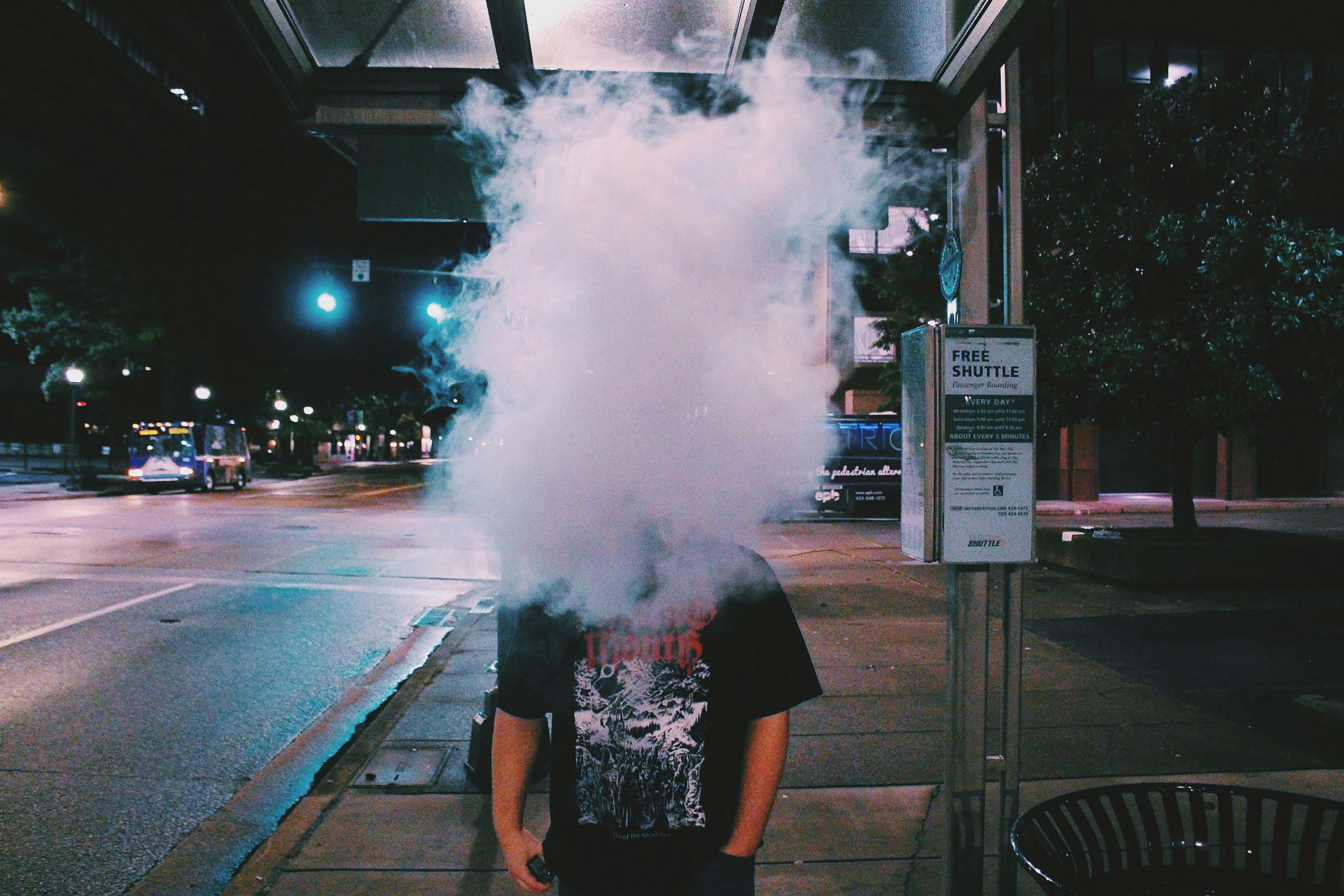When your son or daughter is struggling with addiction, it is normal to feel overwhelmed, scared, hopeless, and even angry. You may be wondering how you missed the signs, where you went wrong, or what you could have done to prevent their troubles. But the reality is that playing the blame game or dwelling on the past does not help you or them. Rather than getting stuck in what could have and should have been, focus on what you can do now. Below are five steps you can take to help them through this challenging time.
Do Not Ignore the Problem
It can be difficult to accept when a loved one is struggling with addiction, but it can be particularly more difficult when that loved one is your child. You probably never imagined that something like this could happen to your family. But now that it has, it is important that you accept it and take the necessary steps to address it. It can be tempting to try to minimize the severity of their use, or even justify it as “just a phase,” but know that addiction is a chronic disease that will only continue to get worse if left untreated. While confronting your son or daughter about their addiction is not going to be easy, this is a vital conversation that you need to have sooner rather than later. Next time they are sober, ask them to sit down with you ⎼ let them know that you know about their use, be open and honest about how it makes you feel, and most importantly, let them know that you are there to help them get better.
Do Your Research
You probably have a lot of questions, especially if you have never been exposed to addiction before. Take the time to educate yourself about addiction, the substances your loved one is using, and the treatment options available. Having a better understanding of what your child is going through can help you communicate more effectively with them. Government sites such as the National Institute on Alcohol Abuse and Alcoholism (NIAAA), the National Institute on Drug Abuse (NIDA), and the Substance Abuse and Mental Health Services Administration (SAMHSA) are great places to start your search.
Do Not Tackle It Alone
Rarely do individuals overcome addiction alone. Having the right tools and support system are pivotal to achieving lasting sobriety. Talk to your son or daughter about seeking out professional help, discuss the options, and try to agree on a plan. If they are not ready to go to treatment, encourage them to attend a 12 Step meeting. As they begin to build their support network, it is important that you do the same. Talk to a friend or a family member you trust, go to counseling, or attend a support group such as Nar-Anon. Remember that addiction is a family disease and you, too, need support during this trying time.
Don’t Enable Them
Sometimes what you believe is helping your child is actually enabling them. Letting them sleep on your couch when they get evicted, helping them pay bills, and bailing them out of trouble are often considered actions a caring parent would take. But when addiction is involved, these actions allow your child to use without fully experiencing the consequences of their actions. It may seem harsh, but it is important for both of you that clear boundaries are set about what is and is not acceptable. Common boundaries such as no drinking or using at home, establishing curfews, and refusing to help them financially or bail them out of trouble will not only assure your well-being but will also help them become accountable for their actions.
Take Care of Yourself
While it is normal for you to focus on your son or daughter right now, it is key that you do not neglect your own well-being. Whether you realize it or not, their addiction is taking a toll on you, too. So, be sure to take some time to take care of yourself ⎼ eat a balanced diet, get enough sleep, do something you enjoy, and allow yourself to express your emotions. Know that the healthier you are, the more help you can provide your child.
If you or a loved one is struggling with addiction, Mountainside can help.
Click here or call (888) 833-4676 to speak with one of our addiction treatment experts.

 By
By 






